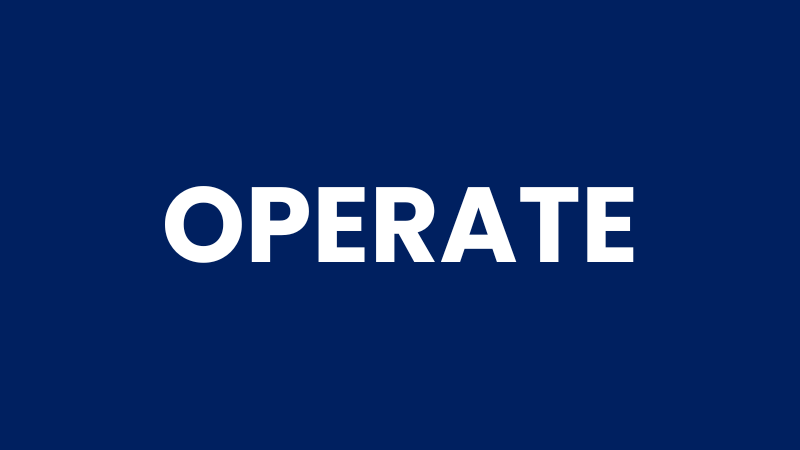In the dynamic world of offshore and nearshore call centers, English proficiency is the linchpin of customer satisfaction and operational success. As global businesses increasingly rely on these markets to provide customer support, the ability of agents to communicate effectively in English becomes a critical metric. However, achieving excellence in English proficiency is not merely about finding individuals who can speak the language; it involves understanding and cultivating English as a skill, which is intrinsically tied to compensation, training, and rigorous prequalification processes.
The stakes are high. According to recent data from the EF English Proficiency Index, countries like the Philippines, South Africa, and Poland score high on English proficiency, making them attractive call center hubs. However, even in these markets, prequalifying candidates for proficiency and job readiness is an intensive endeavor, often requiring thousands of applicants to identify a handful of qualified hires. MCI’s sophisticated recruitment process ensures that only the top 1–5% of candidates with advanced English proficiency and job fit make the cut, setting a new benchmark in the industry.
General Information
Understanding the Six Levels of English Proficiency
English proficiency can be objectively measured using the Common European Framework of Reference for Languages (CEFR), a globally recognized framework. Here are the six CEFR levels:
- A1 (Beginner): Basic communication skills for simple phrases and personal introductions.
- A2 (Elementary): Familiarity with routine exchanges and frequently used expressions in daily contexts.
- B1 (Intermediate): Ability to navigate work, travel, and social situations with clear communication.
- B2 (Upper-Intermediate): Competence in understanding complex texts and engaging fluently with native speakers.
- C1 (Advanced): Proficiency in handling demanding texts, nuanced meanings, and spontaneous communication.
- C2 (Proficient): Near-native fluency with precise and coherent expression across various contexts.
For call center roles, B2 or higher is typically required to ensure seamless customer interactions.
English Proficiency Rankings: Where the Talent Lies
Countries offering offshore and nearshore call center services vary significantly in English proficiency. Below is a summary of rankings from the EF English Proficiency Index:
| Country | Proficiency Level | EF English Proficiency Index Score |
|---|---|---|
| Croatia | Very High Proficiency | 612 |
| South Africa | Very High Proficiency | 609 |
| Philippines | High Proficiency | 578 |
| Costa Rica | Moderate Proficiency | 536 |
| India | Moderate Proficiency | 516 |
| Colombia | Low Proficiency | 477 |
| Mexico | Very Low Proficiency | 447 |
Countries with high proficiency, such as the Philippines, South Africa, and Poland, tend to attract global business due to their skilled workforce. However, even within these nations, rigorous screening is vital to ensure only the best candidates are selected.
The Importance of Prequalification in Recruitment
Prequalifying candidates is critical for identifying agents with the required English skills. This process involves more than just language tests; it includes:
- CEFR-aligned assessments to evaluate language proficiency.
- Surveys and basic skills tests to gauge computer literacy and problem-solving abilities.
- Recorded speech reviews to assess pronunciation and fluency.
- Multi-stage interviews focusing on personality fit and adaptability.
Thought Leadership: The MCI Advantage
MCI takes English proficiency and prequalification to an unparalleled level through a multi-step recruitment process designed to distill large applicant pools into a select few exceptional hires. Here’s how MCI achieves this:
- High Application Volume: MCI understands that achieving quality requires scale. For every 1,000 applicants, the expected hire yield can be as low as 1–5%.
- Comprehensive Screening: Applications are initially screened using advanced AI tools to assess job fit and basic eligibility.
- Layered Assessments: MCI uses CEFR-based assessments, surveys, and situational judgment tests to evaluate applicants’ skills across multiple dimensions.
- Scoring Matrix: A complex matrix integrates results from all stages, ensuring objective evaluation of candidates’ English proficiency, technical skills, and cultural fit.
- Iterative Interviews: The two-tier interview process involves situational role-plays and deep dives into problem-solving approaches.
This structured approach ensures MCI consistently delivers top-performing agents, ready to meet and exceed client expectations.
MCI’s Value-Added Solutions
Why MCI Stands Out
MCI’s commitment to excellence in English proficiency extends beyond recruitment:
- Custom Training Modules: For candidates nearing the desired proficiency level, MCI offers tailored training aligned with CEFR standards.
- Technology-Driven Insights: MCI uses analytics to track and improve agent performance, ensuring continuous improvement.
- Global Expertise: Operating in diverse markets, MCI leverages its deep understanding of regional nuances to deliver high-quality solutions.
Conclusion
Prequalifying for English proficiency in offshore and nearshore markets is a critical, skill-driven process influenced by pay scales, market conditions, and a commitment to rigorous standards. The CEFR framework provides a standardized approach to evaluate proficiency levels, ensuring consistency and objectivity in recruitment. With countries like the Philippines and South Africa leading in English skills, the potential for excellent service is immense—if the right candidates are selected.
MCI’s multi-step prequalification process ensures only the top 1–5% of candidates advance, guaranteeing superior service quality. By prioritizing English proficiency, fair compensation, and robust training, MCI sets the standard for success in the global call center industry.
FAQ
-
What are the six levels of English proficiency?
- The levels range from A1 (Beginner) to C2 (Proficient) as defined by the CEFR framework.
-
Why is CEFR important in recruitment?
- CEFR provides a standardized measure of language proficiency, ensuring consistency and objectivity.
-
Which countries rank highest in English proficiency for call centers?
- According to the EF English Proficiency Index, South Africa, Croatia, and the Philippines rank among the top.
-
What makes MCI’s recruitment process unique?
- MCI employs a multi-stage process involving CEFR assessments, recorded reviews, and advanced scoring matrices to identify top talent.
-
Why is competitive pay essential for recruiting skilled agents?
- Competitive pay attracts high-quality applicants, ensuring access to top-tier talent in the market.
Citations
- EF English Proficiency Index. “Country Rankings for English Proficiency.” Accessed December 2024. Link
- Site Selection Group. “English Proficiency in Nearshore and Offshore Call Center Locations.” Accessed December 2024. Link
- Nearshore Americas. “Is Nearshore Undergoing a Paradigm Shift in The Approach to English Training?” August 24, 2016. Link\
- CEFR Companion Volume. “Common European Framework of Reference for Languages: Learning, Teaching, Assessment.” Council of Europe, 2020.
- World Bank. “Labor Market Dynamics in Call Center Economies: A Study of Offshore and Nearshore Trends.” Accessed December 2024. Link







